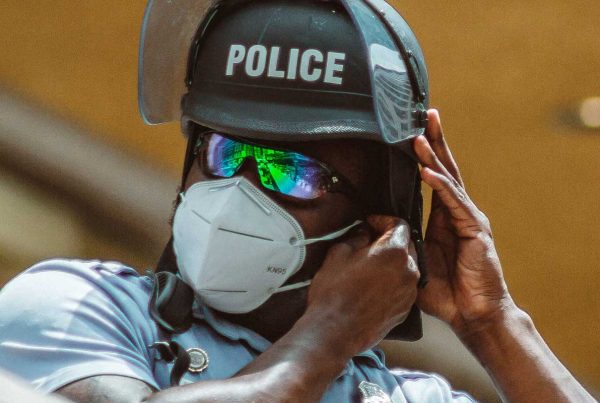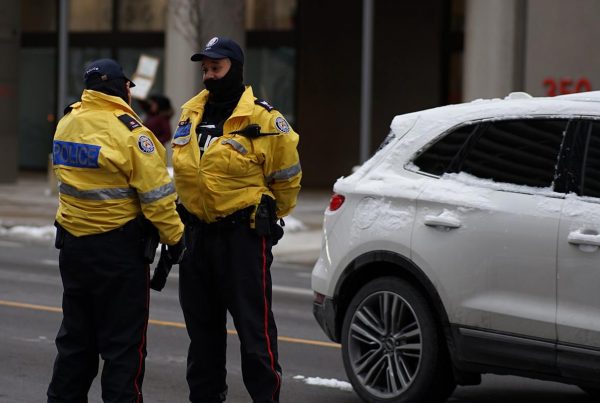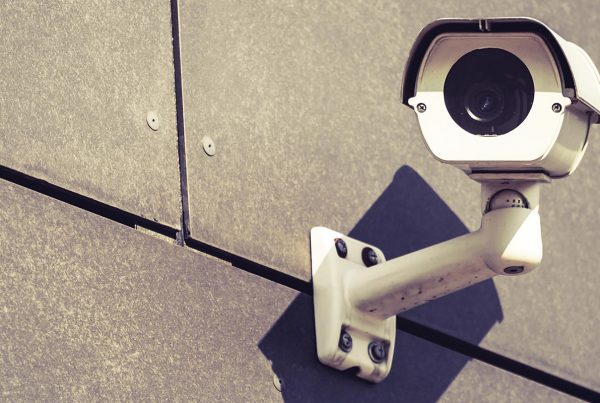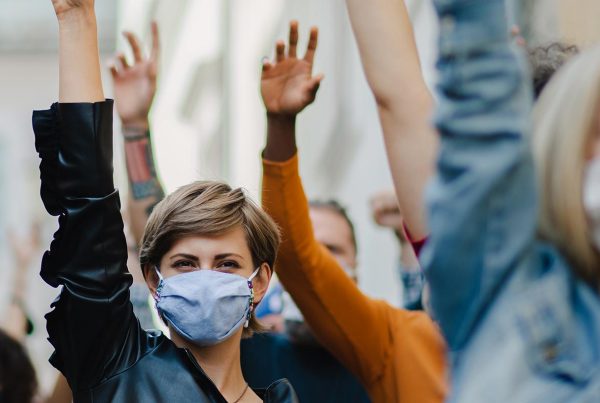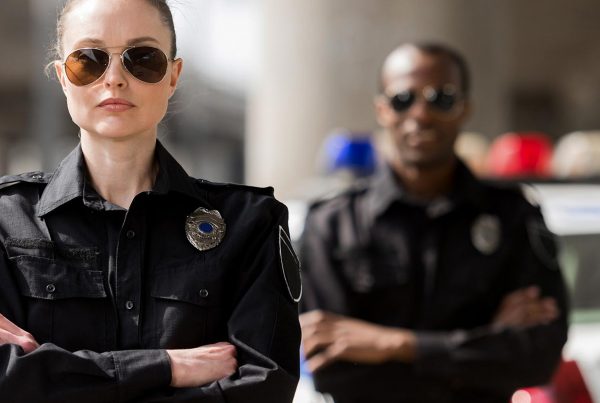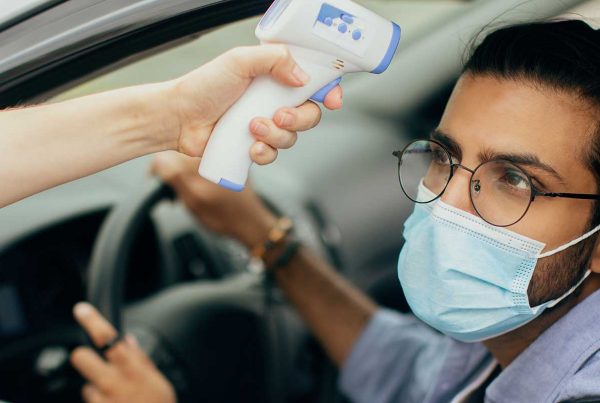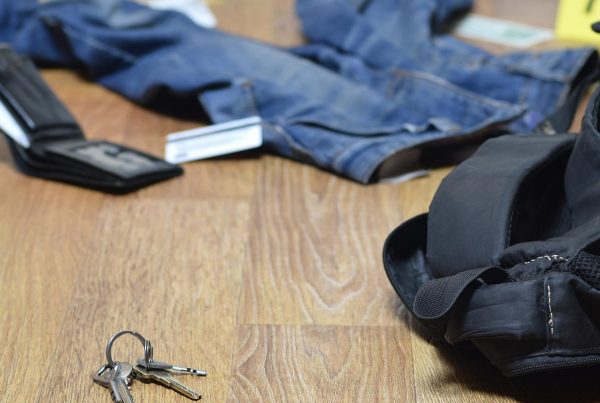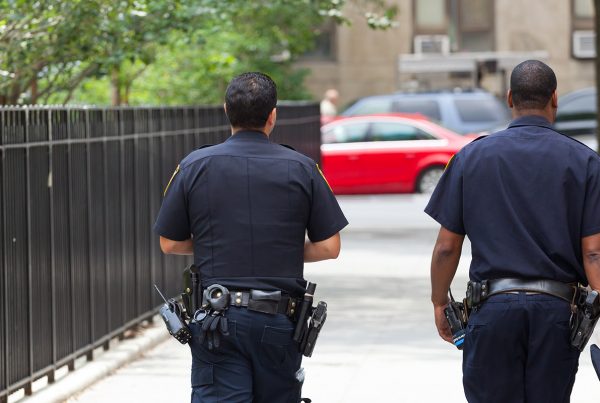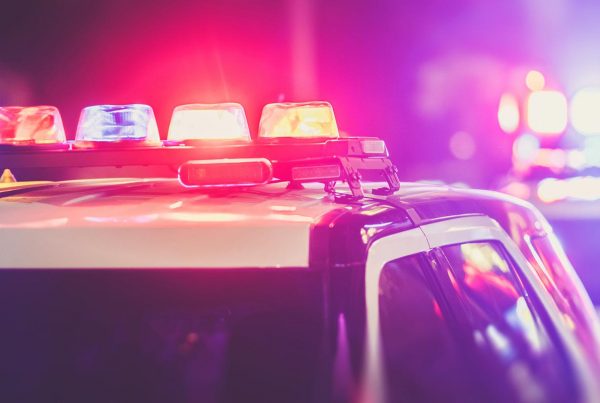It is not enough to ensure fairness in the criminal justice process – our ideas of ‘crime’ and ‘safety’ need to be critically examined as well. Our work on decriminalization and defunding and detasking police aims to confront the ways in which the criminal justice system causes harm to vulnerable populations and acts as a tool discrimination and oppression.
The history of Canada’s criminal justice system is rife with examples of the criminal law having been used to oppress and discriminate against marginalized communities. Examples include Canada’s long history of criminalizing Indigenous peoples’ cultural practices, including prohibitions targeting traditional dance ceremonies, powwows, and potlaches; the criminalization of homosexuality; and the Canadian legal response to sex work, which has been riddled with discrimination based on class, race, gender, and other markers of identity. The actions of vulnerable individuals are also often criminalized in a bid to ‘protect’ them – a generally counterproductive and harmful response.

